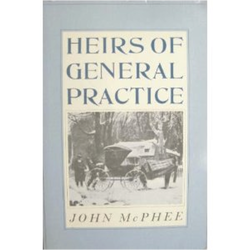
Author: John McPhee
Genre: Nonfiction
# pages: 120
Date published: 1986
5-star rating: 4 stars
Would you recommend it: Yes
Originally published in the New Yorker in 1986, Heirs of General Practice is certainly an artful piece. I found a copy of Heirs lying around my house during winter break, so I took it to read on my flight home – and I finished it before second semester began. The book did not take long to read; it was amusing and informative. Heirs is based on a compilation of John McPhee’s interviews with a dozen or so primary care physicians. McPhee transformed the interviews into a narrative form that goes in depth with each doctor, allowing the reader to get to know them not only as doctors, but also as people.
McPhee explores how each doctor got into medicine, what their practice is like, and other general issues and encounters of rural family practice. All of the doctors come from various backgrounds. Some are from the city, some from the country; some wanted to do medicine all their lives and some decided to be a doctor after years of a separate career (one doctor even quit medical school before returning to do family practice).
Although this book was written in the 1970’s, the ideas are still very relevant because of the high demand for the less glamorous job of a primary physician and the new healthcare reform. The book explains how general practice fell from popularity, when medical specialties and subspecialties began to popularize and explains what medical schools did to combat this demand for doctors.
The book teaches the value and appeal of rural primary care doctors, as well as what it is like to be one. McPhee discusses the most difficult parts about being a family doctor and the most rewarding parts. The storyline basically takes place in doctors’ offices, documenting dialogues from patient visits and exploring the backgrounds of each doctor in between the visits. Physicians also discuss medical school, residency, and other issues with primary care, such as vaccinations and expensive testing methods and imaging.
This book would be especially valuable and interesting for people who are interested in medicine and healthcare systems like I am; however, the story was also very readable even if you just wanted to know more about what it is like to be a doctor or how healthcare system works in rural areas in the seventies. One critique I have is that the book consisted of only sketches of doctors in rural Maine, which might not accurately represent all rural areas of the United States. If the author had interviewed a wider population of family physicians, it would be more applicable to a wider population of people, but it was overall an informative, quick and interesting read!
Review by Colleen Brady, A&S '16

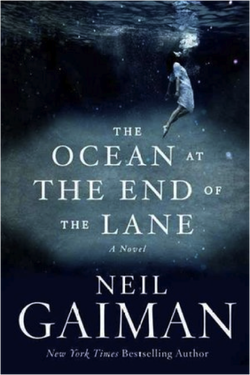
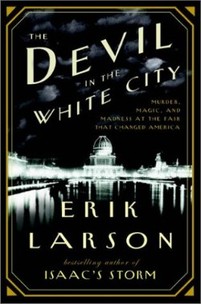
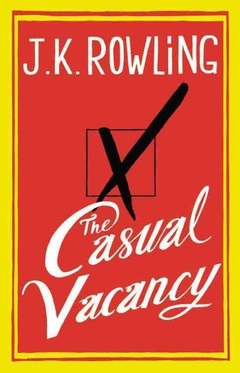
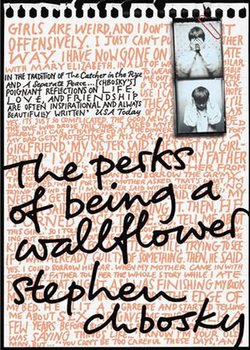
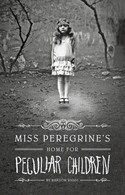
 RSS Feed
RSS Feed
